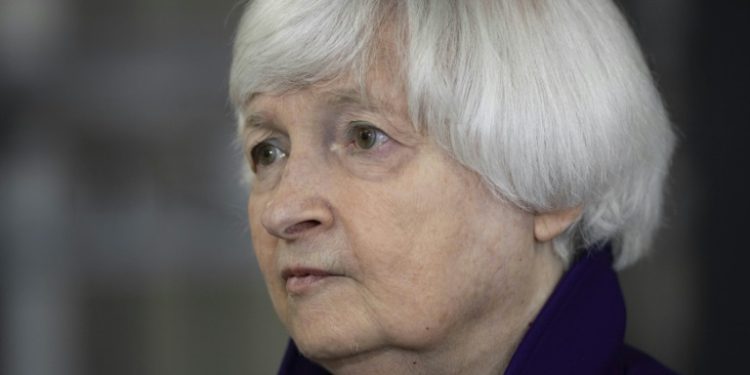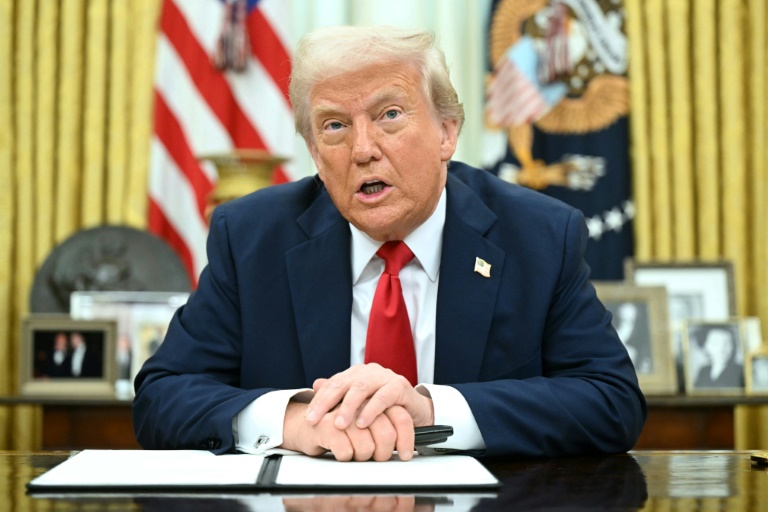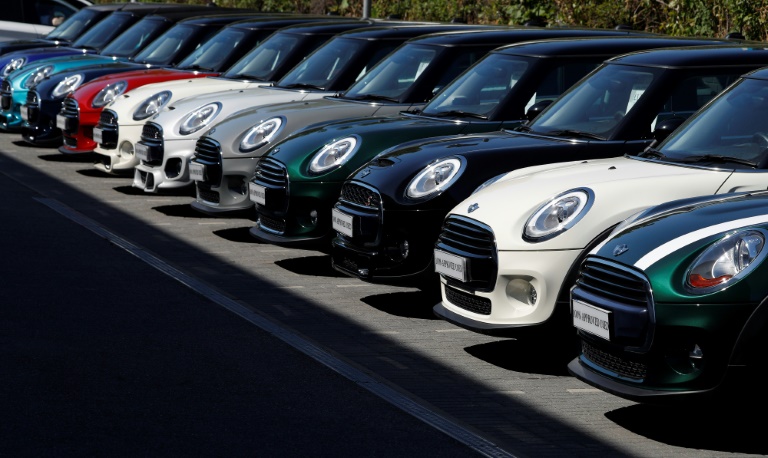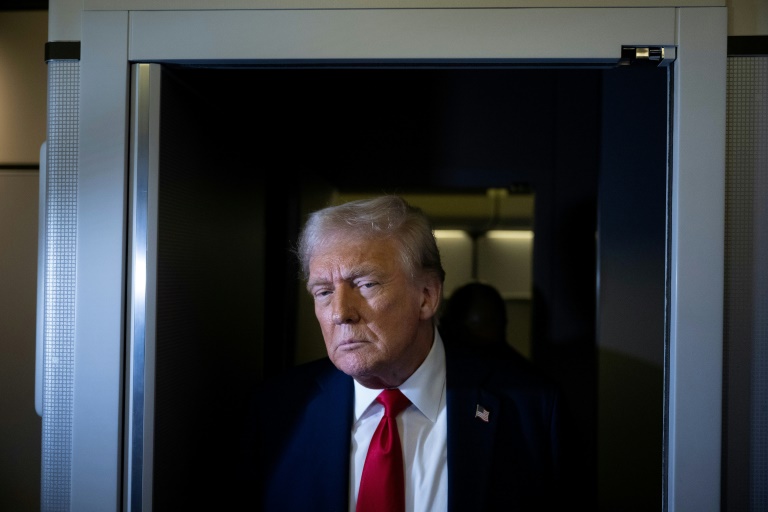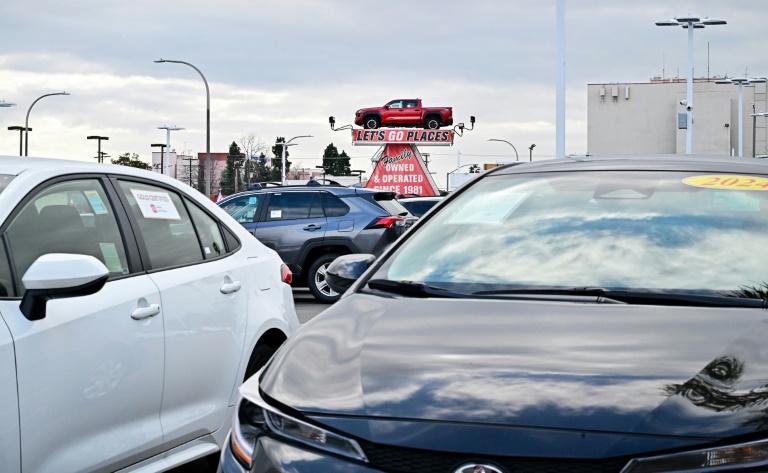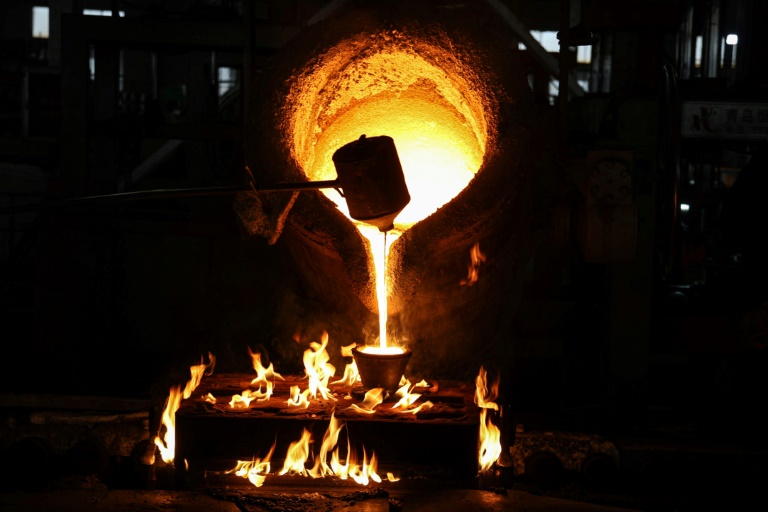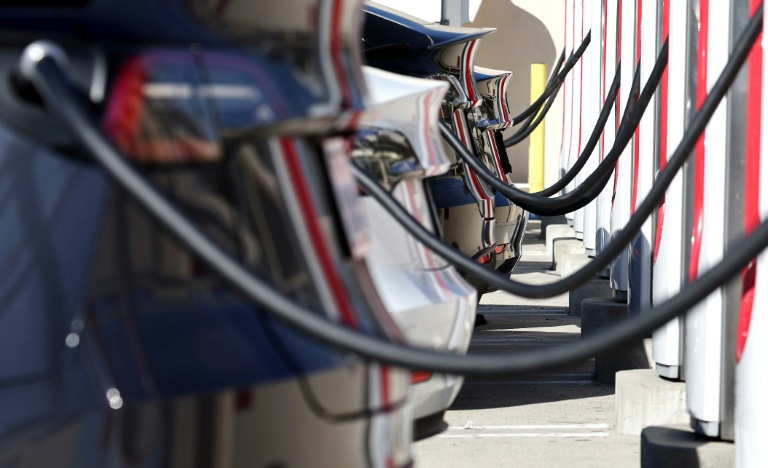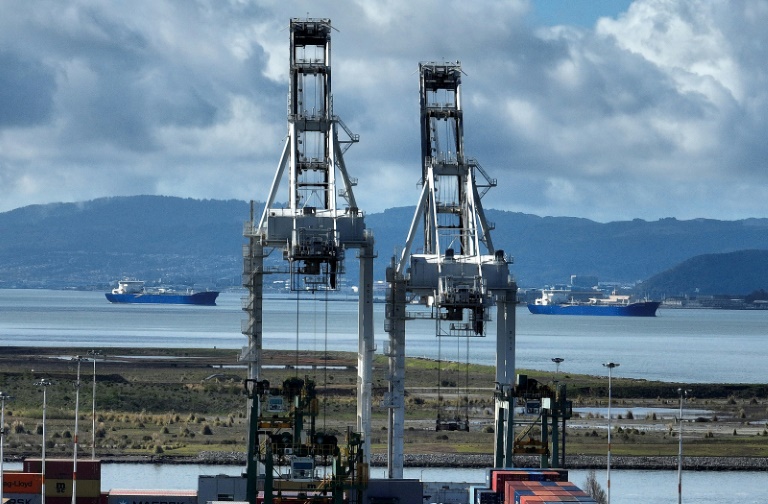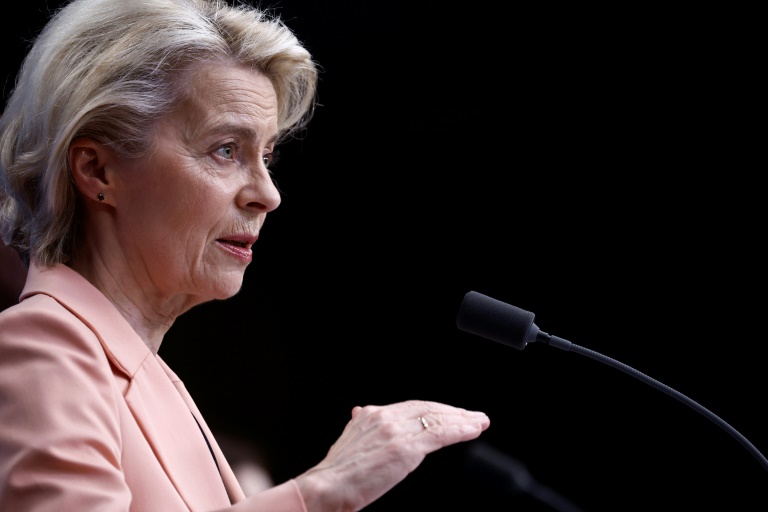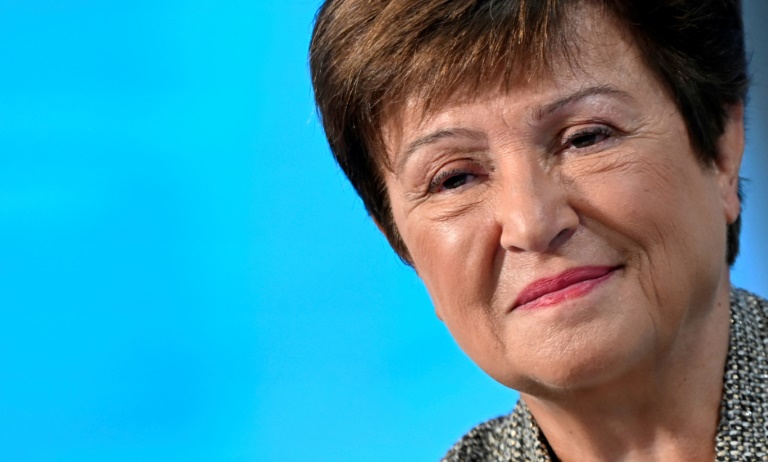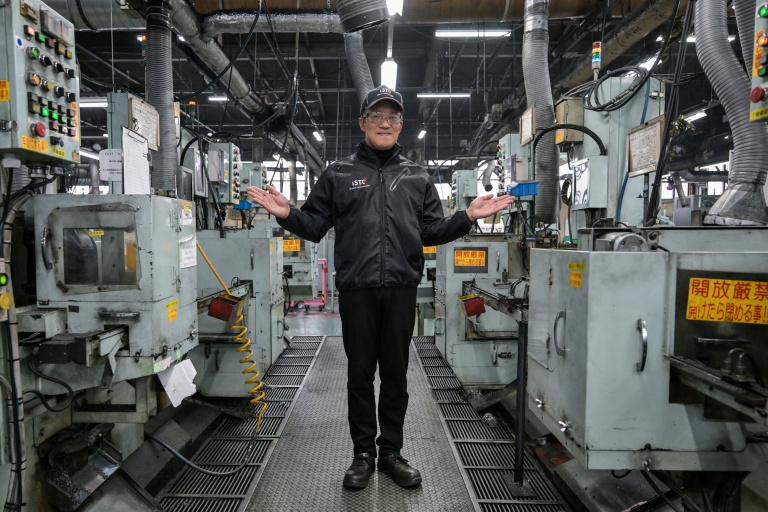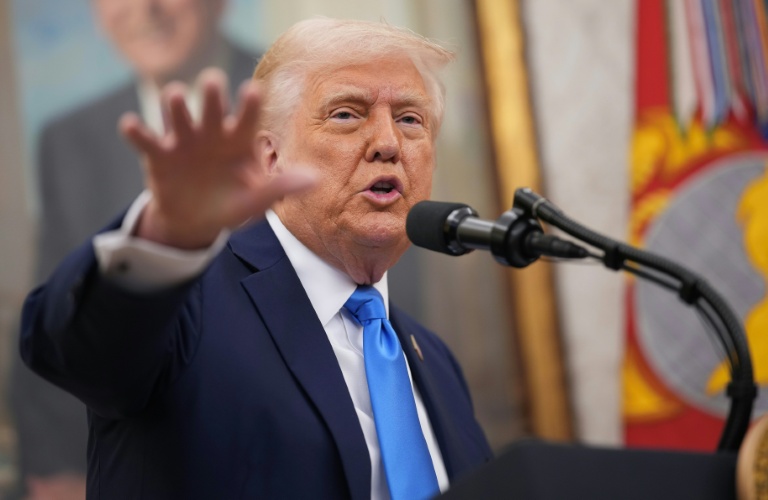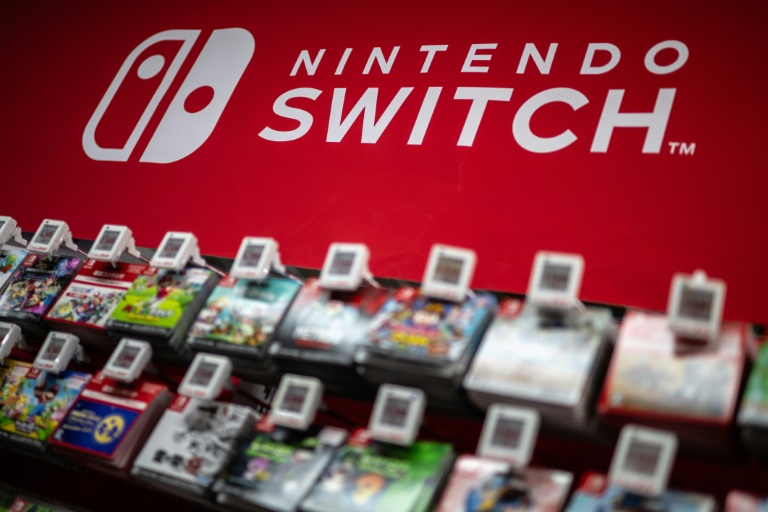Guangzhou (AFP) – US Treasury Secretary Janet Yellen arrived in China’s Guangzhou on Thursday for meetings to press Beijing over fears the country’s industrial subsidies for green energy, cars and batteries could flood global markets with cheap goods.
Her second trip to China in less than a year follows a phone call this week between President Joe Biden and Chinese counterpart Xi Jinping, where they clashed on US trade restrictions but said they hoped to stabilise relations.
Yellen’s plane touched down just after 6 pm local time (1000 GMT) in Guangzhou, where she was greeted on the tarmac by US Ambassador to China Nicholas Burns and Chinese officials.
With hours of bilateral talks scheduled, working meals and a boat tour in Guangzhou, the aim is to get Washington’s message to President Xi’s inner decision-making circle, a Treasury official said.
Yellen also plans to speak with economic experts and the US business community in Guangzhou, a southern city emblematic of China’s manufacturing power.
Top of the agenda will be US concerns over the competitive impact of spillovers Chinese subsidies can create in industries like solar and electric vehicles — key sectors Washington has not ruled out putting up trade barriers to protect.
Beijing’s support for sectors like steel and aluminium in the past has “led to substantial overinvestment and excess capacity that Chinese firms looked to export abroad at depressed prices,” the treasury secretary said last week.
“Now, we see excess capacity building in ‘new’ industries like solar, EVs, and lithium-ion batteries,” she warned.
A senior Treasury official told reporters that Washington sees a rising share of firms that cannot cover their costs at the prices they are selling goods and noted a growing number of anti-dumping investigations against China.
This week, the European Union announced probes aimed at two Chinese-owned solar panel manufacturers accused of receiving subsidies.
Asked about the US’s own subsidies for its clean energy industries, the Treasury official said American efforts do not risk flooding the global market, noting that the scale of Chinese subsidies is “much larger”.
Treasury Under Secretary for International Finance Jay Shambaugh told AFP in an earlier interview that the United States wants to see shifts in Chinese industrial support and issues like production targets that “exceed what the global market can bear”.
– Potential ‘pushback’ –
In China, Yellen plans to meet with Chinese Premier Li Qiang and Vice Premier He Lifeng as well as central bank governor Pan Gongsheng and Finance Minister Lan Fo’an.
Talks with He will see the two dive deep into both countries’ economic conditions and address more sensitive areas such as national security issues and Beijing’s alleged support for Russia’s defence industrial base.
“Industry will be looking for how Chinese officials like Vice Premier He Lifeng react to Yellen’s messages on both export controls and overcapacity,” said Paul Triolo, associate partner for China at Albright Stonebridge Group.
But, he said: “While the fact of the meetings is positive, we expect few concrete outcomes and potentially major downsides in terms of hard rhetoric from Beijing and pushback” on issues like overcapacity.
Beijing and Washington have clashed in recent years on flashpoint issues from technology and trade to human rights as well as over the self-ruled island of Taiwan and the South China Sea.
Relations have stabilised somewhat since Presidents Biden and Xi met in San Francisco in November for talks that both sides described as a qualified success.
Yellen’s July 2023 visit helped restart dialogue after a period of heightened tensions, notably over Taiwan, and culminated in the launching of bilateral working groups on economic and financial policy.
US Secretary of State Antony Blinken is also expected to make another China trip in the coming weeks, a sign that both sides are returning to more routine engagements.
© 2024 AFP

